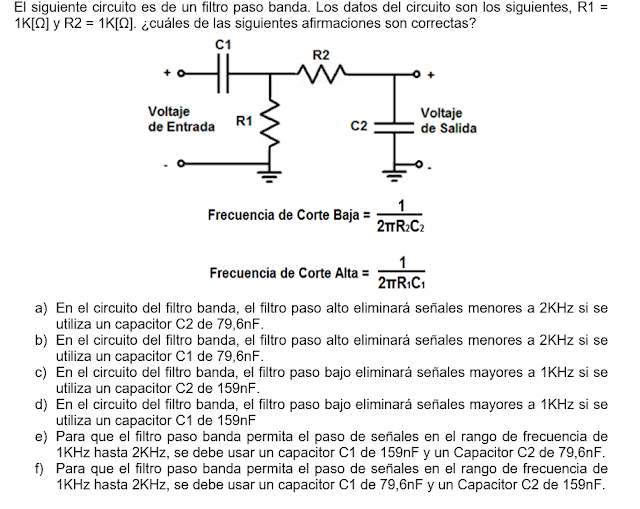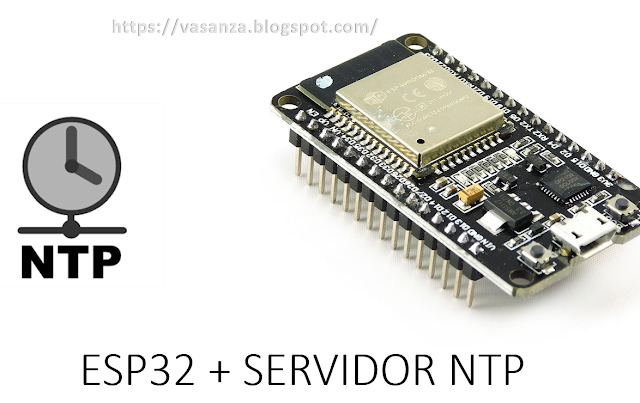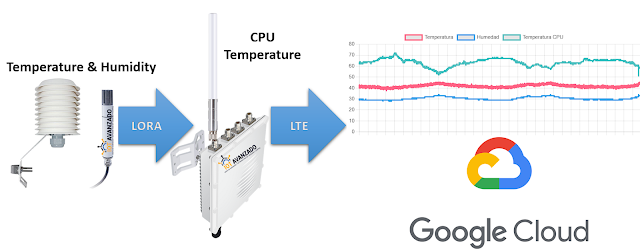▷ #SSVEP_EEG Signal Classification based on #Emotiv EPOC #BCI and #RaspberryPi
- ➡️ #EEG #Classification #HumanMachineInterface #BCI #BrainComputerInterface #Emotiv
- ➡️ BMS2021: 11th IFAC Symposium on Biological and Medical Systems #BMS2021
- ➡️ Presented by: Karla Avilés
- ✅ Repository: https://github.com/kaviles22/EEG_Embedded_Systems
- ⭐ Read full paper: https://doi.org/10.1016/j.ifacol.2021.10.287
- When using this resource, please cite the original publication:
- ✅ Abstract:
- This work presents the experimental design for recording Electroencephalography (EEG) signals in 20 test subjects submitted to Steady-state visually evoked potential (SSVEP). The stimuli were performed with frequencies of 7, 9, 11 and 13 Hz. Furthermore, the implementation of a classification system based on SSVEP-EEG signals from the occipital region of the brain obtained with the Emotiv EPOC device is presented. These data were used to train algorithms based on artificial intelligence in a Raspberry Pi 4 Model B. Finally, this work demonstrates the possibility of classifying with times of up to 1.8 ms in embedded systems with low computational capacity.
✅ Video of the talk:
✅ Published in: https://doi.org/10.1016/j.ifacol.2021.10.283
✅ Conference content:
- Introduction
- Related work
- Dataset
- Methodology
- Results
- Conclusions
✅ References:
- Al-Saegh, A., Dawwd, S.A., and Abdul-Jabbar, J.M. (2021). Deep learning for motor imagery eeg-based classification: A review. Biomedical Signal Processing and Control, 63, 102172.
- Artoni, F., Delorme, A., and Makeig, S. (2018). Applying dimension reduction to eeg data by principal component analysis reduces the quality of its subsequent independent component decomposition. NeuroImage, 175, 176-187.
- Asanza, V., Constantine, A., Valarezo, S., and Peláez, E. (2020). Implementation of a classification system of eeg signals based on fpga. In 2020 Seventh International Conference on eDemocracy & eGovernment (ICEDEG), 87-92. IEEE.
- Chen, X., Wang, Y., Gao, S., Jung, T.P., and Gao, X. (2015). Filter bank canonical correlation analysis for implementing a high-speed ssvep-based brain-computer interface. Journal of neural engineering, 12(4), 046008.
- Chen, X., Zhao, B.,Wang, Y., and Gao, X. (2019). Combination of high-frequency ssvep-based bci and computer vision for controlling a robotic arm. Journal of neural engineering, 16(2), 026012.
- Chen, X., Zhao, B., Wang, Y., Xu, S., and Gao, X. (2018). Control of a 7-dof robotic arm system with an ssvep-based bci. International journal of neural systems, 28(08), 1850018.
- Chouhan, T., Robinson, N., Vinod, A., Ang, K.K., and Guan, C. (2018). Wavlet phase-locking based binary classification of hand movement directions from eeg. Journal of neural engineering, 15(6), 066008.
- Edla, D.R., Mangalorekar, K., Dhavalikar, G., and Dodia, S. (2018). Classification of eeg data for human mental state analysis using random forest classifier. Procedia computer science, 132, 1523-1532.
- Erkan, E. and Akbaba, M. (2018). A study on performance increasing in ssvep based bci application. Engineering Science and Technology, an International Journal, 21(3), 421-427.
- Fischer, N.L., Peres, R., and Fiorani, M. (2018). Frontal alpha asymmetry and theta oscillations associated with information sharing intention. Frontiers in behavioral neuroscience, 12, 166.
- Ghaemi, A., Rashedi, E., Pourrahimi, A.M., Kamandar, M., and Rahdari, F. (2017). Automatic channel selection in eeg signals for classification of left or right hand movement in brain computer interfaces using improved binary gravitation search algorithm. Biomedical Signal Processing and Control, 33, 109-118.
- Han, X., Lin, K., Gao, S., and Gao, X. (2018). A novel system of ssvep-based human-robot coordination. Journal of neural engineering, 16(1), 016006. Huang, D., Qian, K., Fei, D.Y., Jia, W., Chen, X., and Bai, O. (2012). Electroencephalography (eeg)-based brain-computer interface (bci): A 2-d virtual wheelchair control based on event-related desynchronization/synchronization and state control. IEEE Transactions on Neural Systems and Rehabilitation Engineering, 20(3), 379-388.
- Khosla, A., Khandnor, P., and Chand, T. (2020). A comparative analysis of signal processing and classification methods for different applications based on eeg signals. Biocybernetics and Biomedical Engineering, 40(2), 649-690.
- Raquel Tinoco-Egas, Karla Aviles, Jamil Torres-Brunes, Hector Trivino-Gonzalez, Víctor Asanza, Félix Rosales-Uribe, Francis R. Loayza, Enrique Peláez, April 27, 2021, "SSVEP-EEG data collection using Emotiv EPOC", IEEE Dataport, doi: https://dx.doi.org/10.21227/0j42-qd38.
- Shao, L., Zhang, L., Belkacem, A.N., Zhang, Y., Chen, X., Li, J., and Liu, H. (2020). Eeg-controlled wall-crawling cleaning robot using ssvep-based brain-computer interface. Journal of healthcare engineering, 2020.
- Waytowich, N., Lawhern, V.J., Garcia, J.O., Cummings, J., Faller, J., Sajda, P., and Vettel, J.M. (2018). Compact convolutional neural networks for classification of asynchronous steady-state visual evoked potentials. Journal of neural engineering, 15(6), 066031.
- Zhang, D., Huang, B., Wu, W., and Li, S. (2015). An idle-state detection algorithm for ssvep-based brain-computer interfaces using a maximum evoked response spatial filter. International journal of neural systems, 25(07), 1550030.
Read related topics:
- ✅ 2021 Paper: A 3D-Printed #EEG based #Prosthetic #Arm
- ✅ 2020 Paper: Implementation of a Classification System of #EEG Signals Based on #FPGA
- ✅ 2019: Artificial Neural Network based #Accelerometer and #Gyroscope recognition for gesture communication (#InnovateFPGA)
- ✅ 2018 Paper: #EMG Signal Processing with Clustering Algorithms for Motor Gesture Tasks
- ✅ 2017 Paper: #EEG Signal Clustering for Motor and Imaginary Motor Tasks on Hands and Feet
- ✅ 2017 Paper: Supervised Pattern Recognition Techniques for Detecting Motor Intention of Lower Limbs in Subjects with Cerebral Palsy #CP
- ✅ 2016 Paper: Clustering of #EEG Occipital Signals using #K_means
- ✅ #EMG signal classification with Machine Learning #ML using #Matlab
- ✅ Epileptic seizure prediction with Machine Learning #ML using #Matlab
- ✅ #EEG signal classification with Machine Learning #ML using #Matlab
- ✅ Machine Learning #ML using #Matlab






























Comentarios
Publicar un comentario